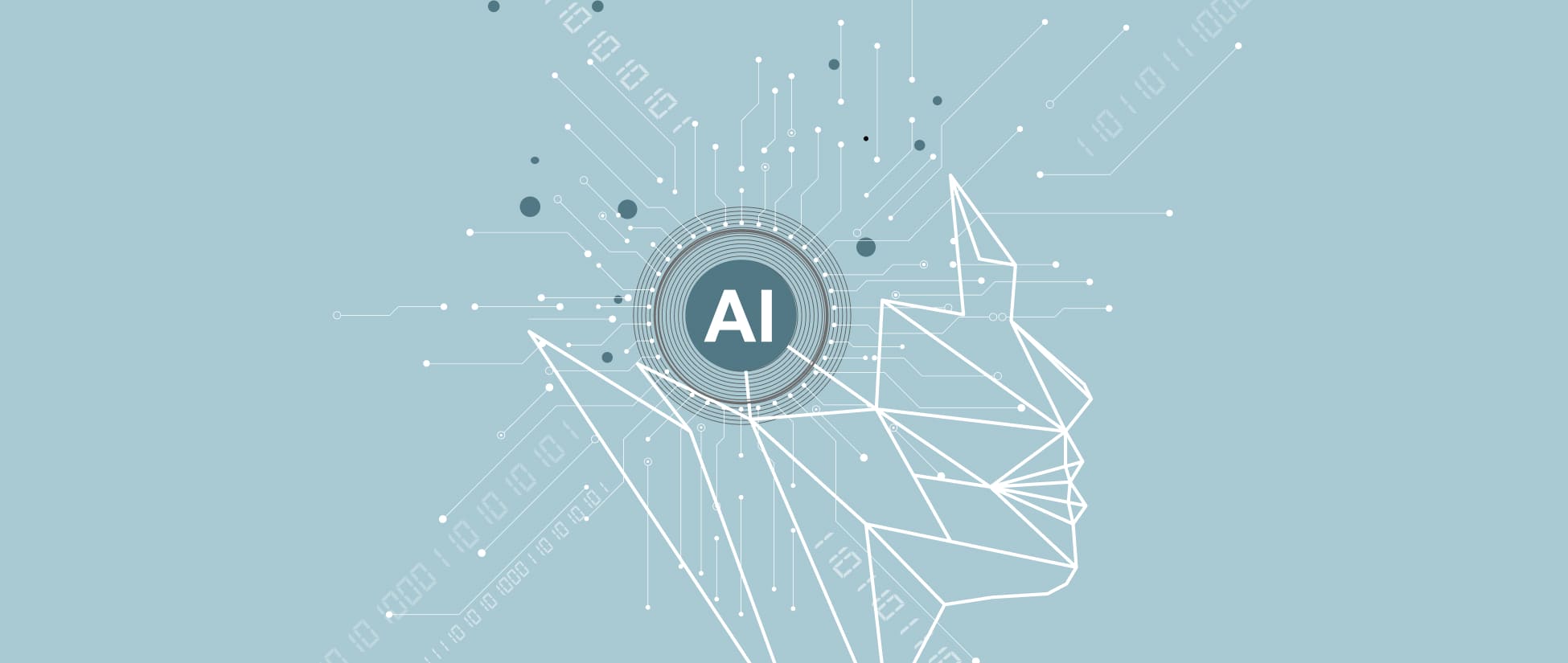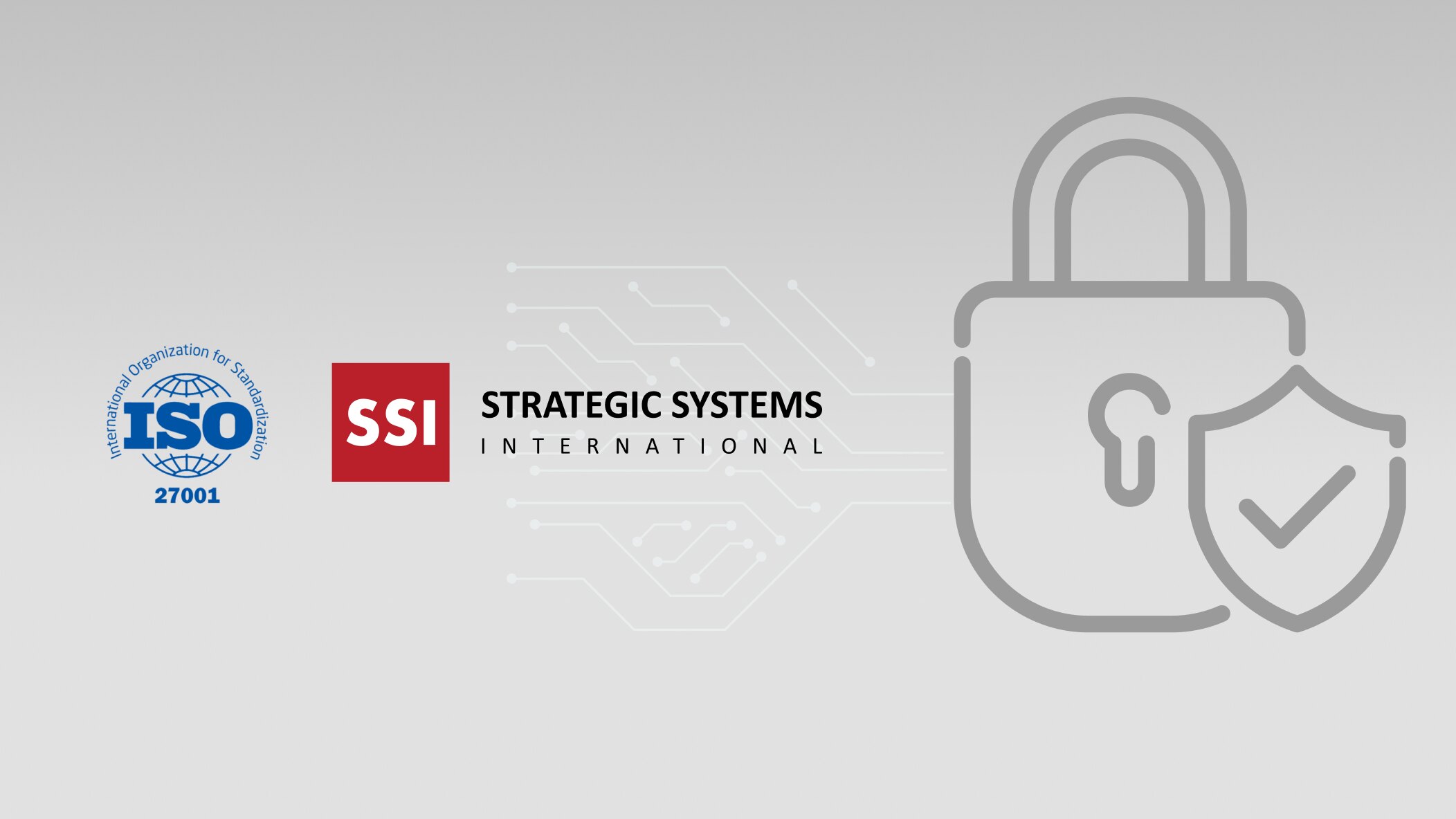Financial services are increasingly implementing Artificial Intelligence (AI) technologies to help analyze massive volumes of data, identify market trends and prioritize tasks. AI identifies fraud, personalizes the customer journey, cyber security, and general risk management. The volume of information and data generated by financial institutions is vast, and AI is critical for handling this data more efficiently.
The global AI market size was valued at USD 515.31 billion in 2023 and is projected to grow from USD 621.19 billion in 2024 to USD 2,740.46 billion by 2032, exhibiting a CAGR of 20.4% during the forecast period. Business Insider report estimates that in 2023, banks are projected to save $447 billion by using AI apps. AI has already started to revolutionize Fintech in numerous ways; here are the top four significant ways it is transforming the industry:
1. Fraud Detection
One of the most essential applications of AI in Fintech is fraud detection. AI-powered fraud detection systems can quickly analyze large volumes of transaction data to identify potential fraud and prevent financial losses. Bank of America detects and prevents fraud in real time by analyzing customer transaction data for unusual patterns, such as large purchases or transactions in unusual locations, using AI. The bank also uses AI to identify potential phishing scams and other fraudulent activity by analyzing publicly available data, such as social media. Bank of America has an AI-powered chatbot, Erica, which monitors customer accounts for suspicious activity and reports fraud to its fraud prevention team. AI helps Bank of America improve the accuracy and speed of fraud detection, protecting customer assets and reducing financial losses.
2. Personalized Services
AI algorithms can analyze customer data to provide personalized financial services and recommendations based on the unique needs and preferences of clients. It helps financial institutions enhance customer experience, retention, and customer loyalty. Citibank uses AI to deliver personalized banking services by analyzing customer data, such as transaction history and spending patterns. The machine learning system can identify individual preferences and provide customized recommendations. As an illustration, the AI system can send tailored promotions and markdowns to the preferred customer’s preferred vendors. The AI system used by Citibank offers personalized insights and recommendations to assist customers in managing their finances efficiently. One of its benefits is pinpointing areas where customers can save money.
Read More: Artificial Intelligence Will Continue to Innovate and Automate Across Industries
3. Algorithmic Trading
AI can assist in automating the trading process by developing trading algorithms that examine market data and carry out deals following predetermined criteria. It can reduce trading costs and significantly increase profitability for financial institutions. JPMorgan Chase uses AI for algorithmic trading. Their AI-powered trading platform, LOXM, analyzes vast amounts of financial data and market signals to identify trading opportunities and make trades automatically, without human intervention. The system continuously learns from past transactions to improve performance, helping the bank stay competitive in an ever-changing market. By leveraging AI technologies, JPMorgan Chase can make faster, more informed trading decisions, reducing risk and increasing profitability.
Read More: Artificial Intelligence Will Continue to Innovate and Automate Across Industries
4. Predictive Analytics
Large data sets can be analyzed using AI-powered predictive analytics to find patterns and trends that aid financial organizations in making informed decisions. It includes customer segmentation, marketing strategies, and product development. Wells Fargo is a US bank that leverages AI for predictive analytics to enhance the customer experience. The bank’s Predictive Intelligence Platform (PIP) analyzes vast customer data, including transaction history and spending patterns, to predict their needs and behavior. The system can identify potential product recommendations for customers, such as insurance or investment products, by analyzing this data. PIP can also identify potential fraud and risks by analyzing customer behavior patterns. Overall, Wells Fargo’s use of AI for predictive analytics provides more personalized and proactive services, improving customer experience and satisfaction.
Ready to join the AI revolution? Discover how AI transforms the Fintech industry and stay ahead of the game. Strategic Systems International’s team of 500+ professionals provides its clients with a full range of software engineering and consultancy services. Please contact us at sales@ssidecisions.com to explore how your business can benefit from AI.



